In today's rapidly evolving digital environment, data integration platforms are essential for businesses keen to maximize their data's potential. These platforms bridge various data sources, enabling efficient access and analysis, crucial for informed decision-making. Here are the 5 best data integrations you can try in 2025:
The booming data integration market, expected to grow from USD 14.96 billion in 2025 to nearly USD 30.97 billion by 2030, highlights their pivotal role in enhancing business intelligence and operational efficiency. Staying updated on leading solutions is key to maintaining a competitive edge in this dynamic field.

Website: https://www.fanruan.com/en/finedatalink
FineDataLink, developed by FanRuan, is a cutting-edge data integration platform that revolutionizes the way businesses handle massive data sets by focusing on seamless integration, superior data quality, and comprehensive analytics. This platform is tailored to meet the growing needs of global businesses, facilitating real-time data synchronization, efficient ETL/ELT processes, and robust API integration.
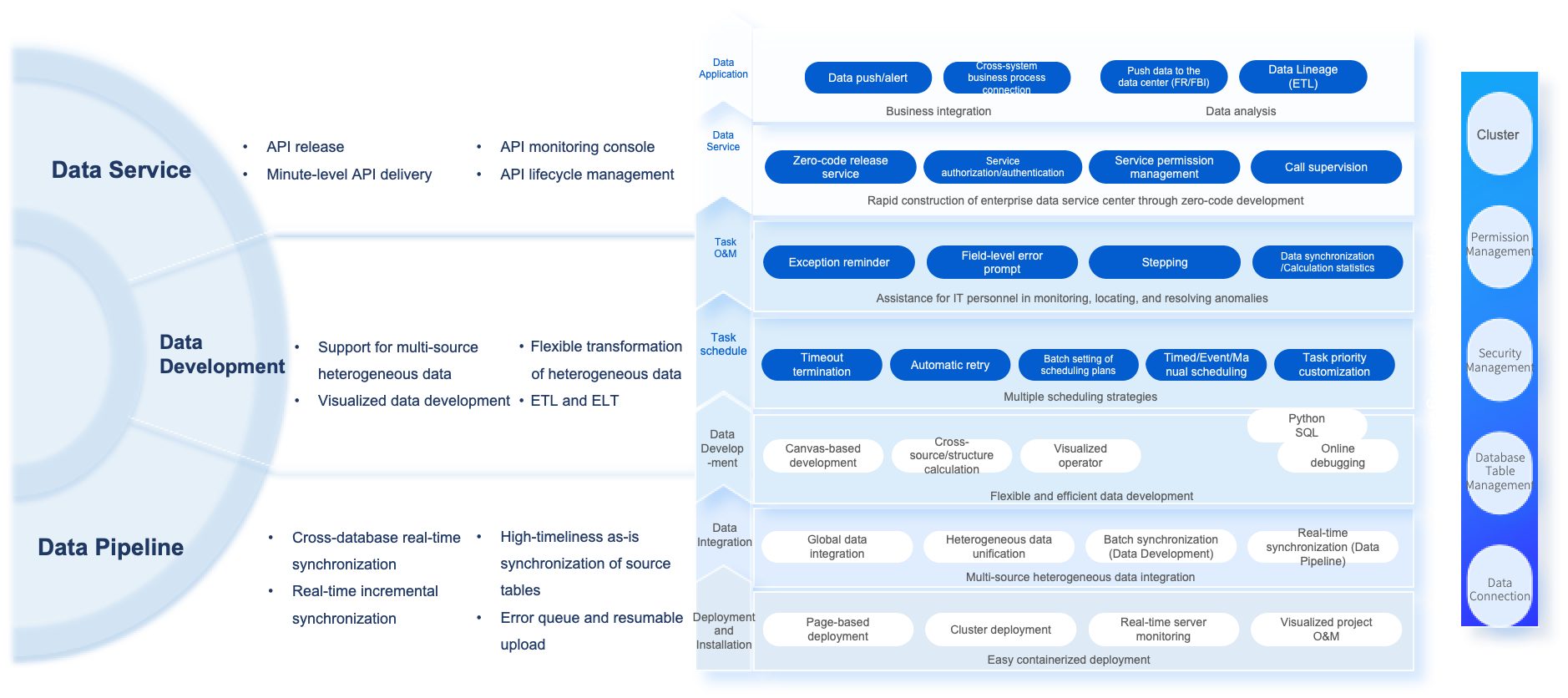
Case Study 1: Chongqing HKC Jinyu Photoelectric Technology Co., Ltd
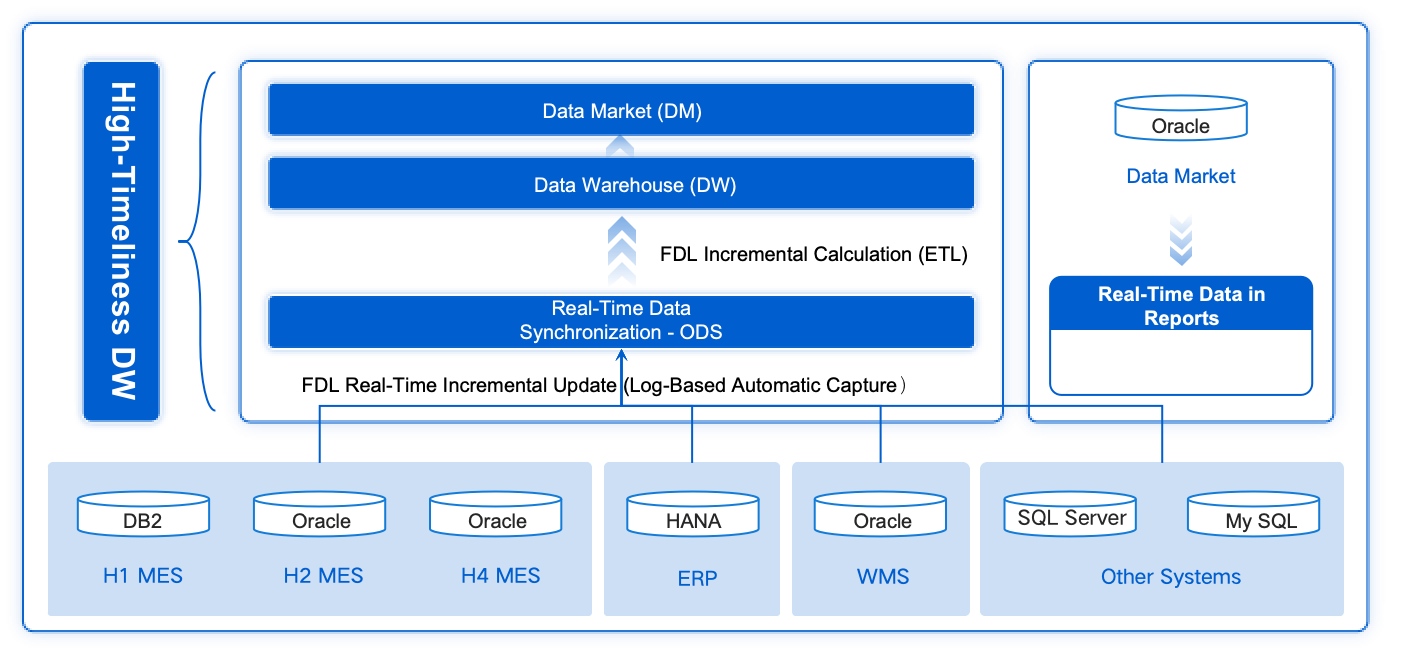
Case Study 2: Zhejiang International Business Group Co., Ltd
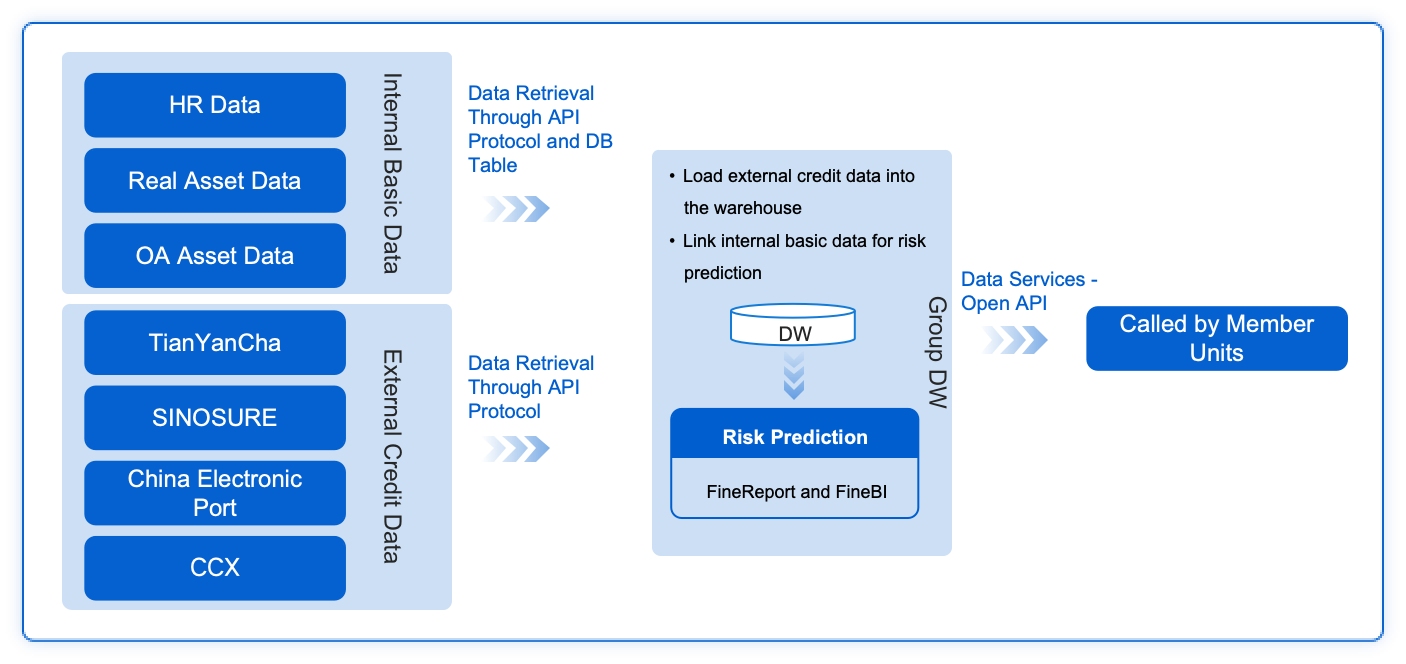
FineDataLink offers a range of pricing tiers, including a free trial for new users. Businesses can choose the plan that best fits their needs, with detailed pricing available on the official website or through direct contact with the sales team.
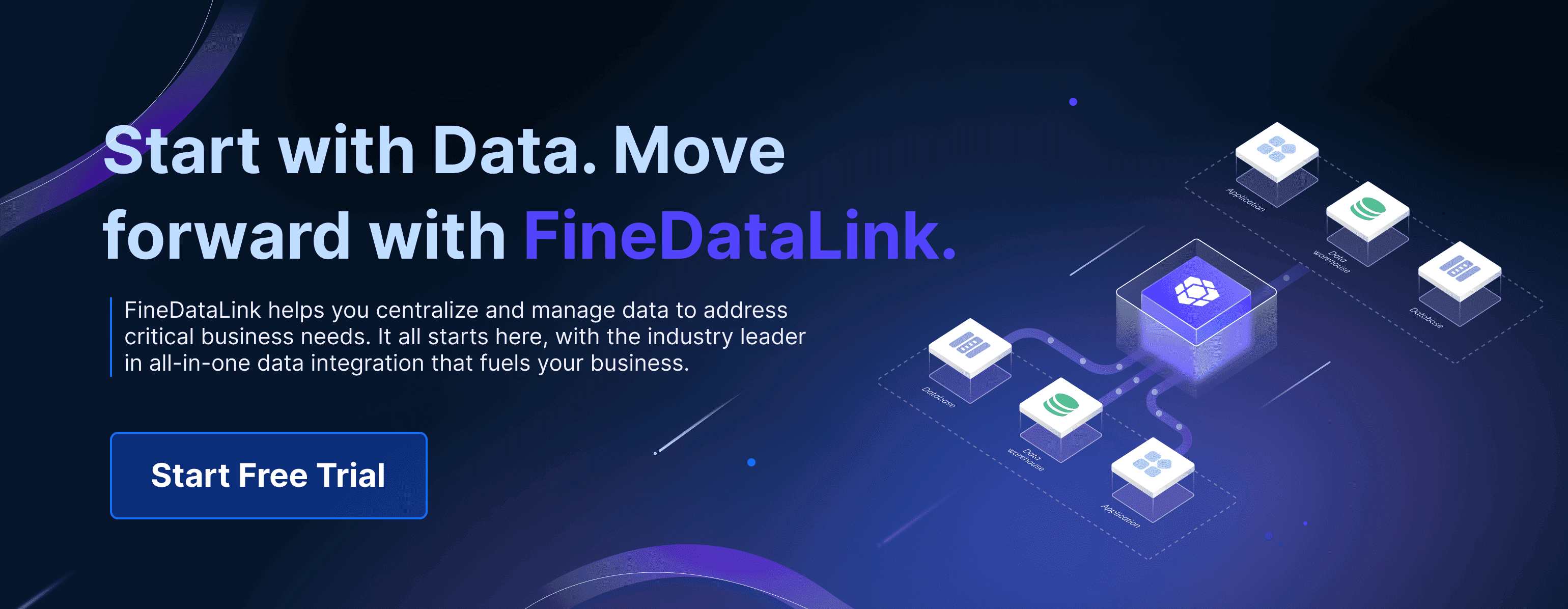
Also, FanRuan provides comprehensive after-sales support through multiple channels to ensure clients receive prompt and effective assistance. Clients can self-serve using extensive online documentation, community forums, and real-time service status updates. For direct support, FanRuan offers a technical support platform, Zendesk, and dedicated email support for international inquiries. Feedback is highly valued and can be submitted through an official email channel, reflecting FanRuan's commitment to continuous service improvement and client satisfaction.
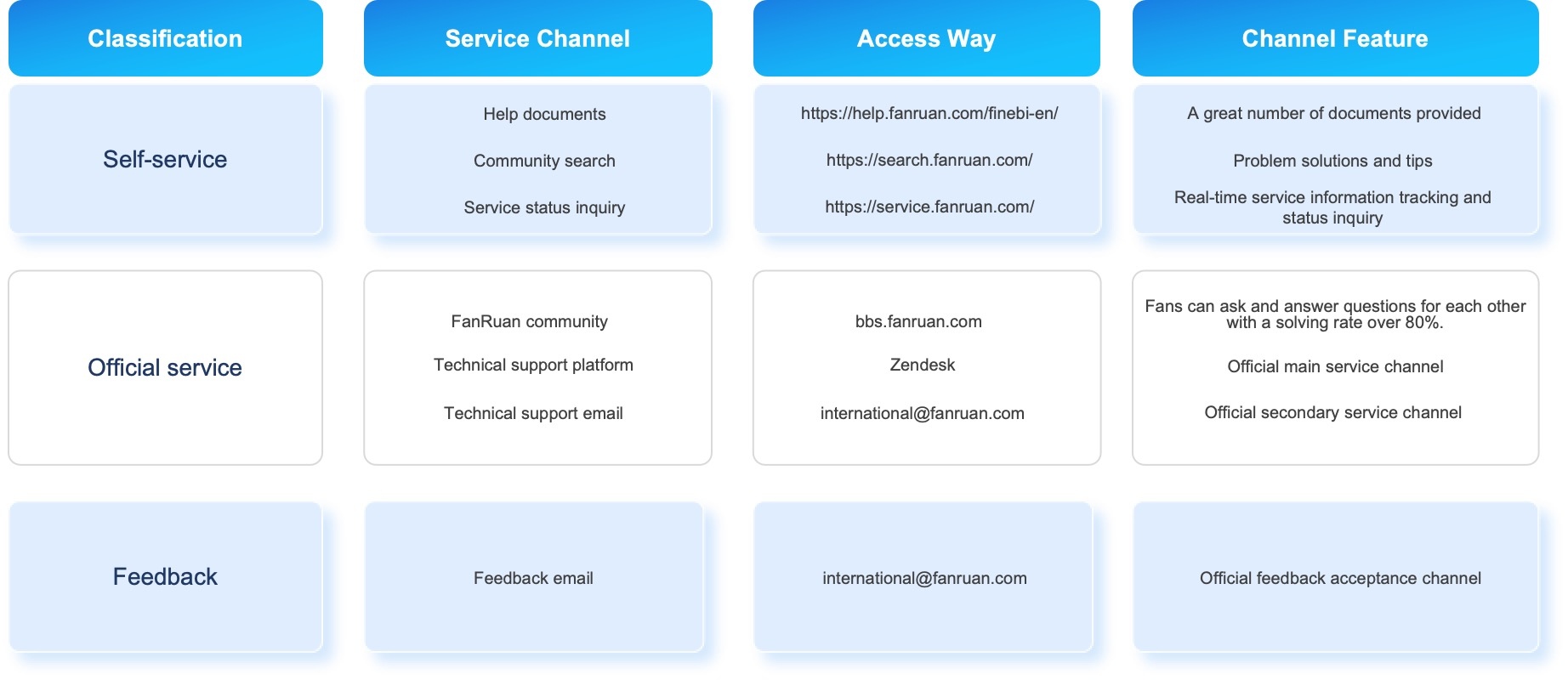
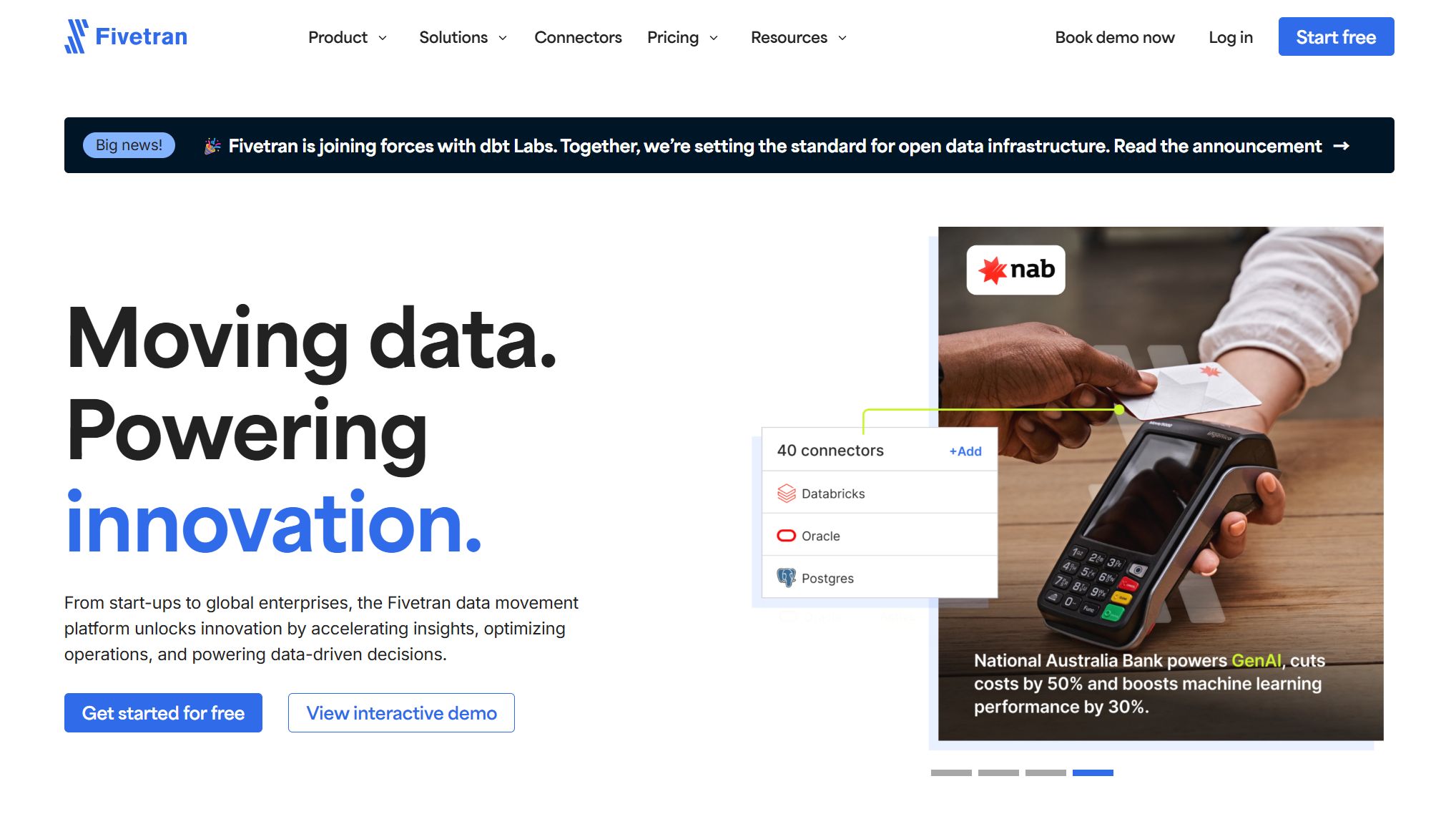
Website: https://www.fivetran.com/
Fivetran has emerged as a frontrunner in the data integration landscape, offering a cloud-native, fully managed solution that streamlines the extraction, loading, and transformation of data. Known for its strong automation capabilities, Fivetran equips businesses with efficient tools to maintain up-to-date data warehouses without constant manual oversight.
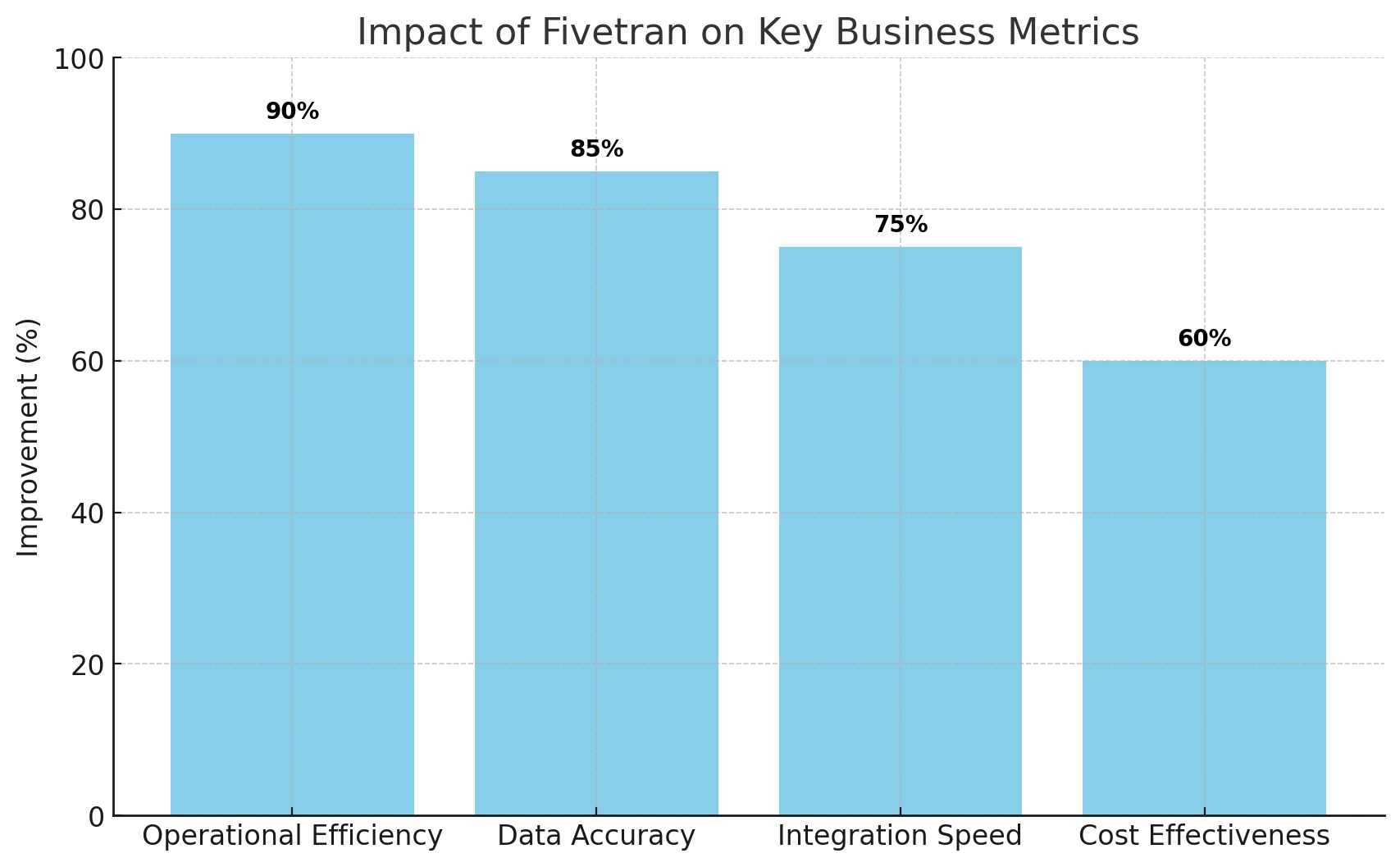
Fivetran offers a subscription-based pricing model, which varies based on the volume of data processed and the number of connectors used. It's advisable to contact their sales team for a detailed quote tailored to your specific needs.
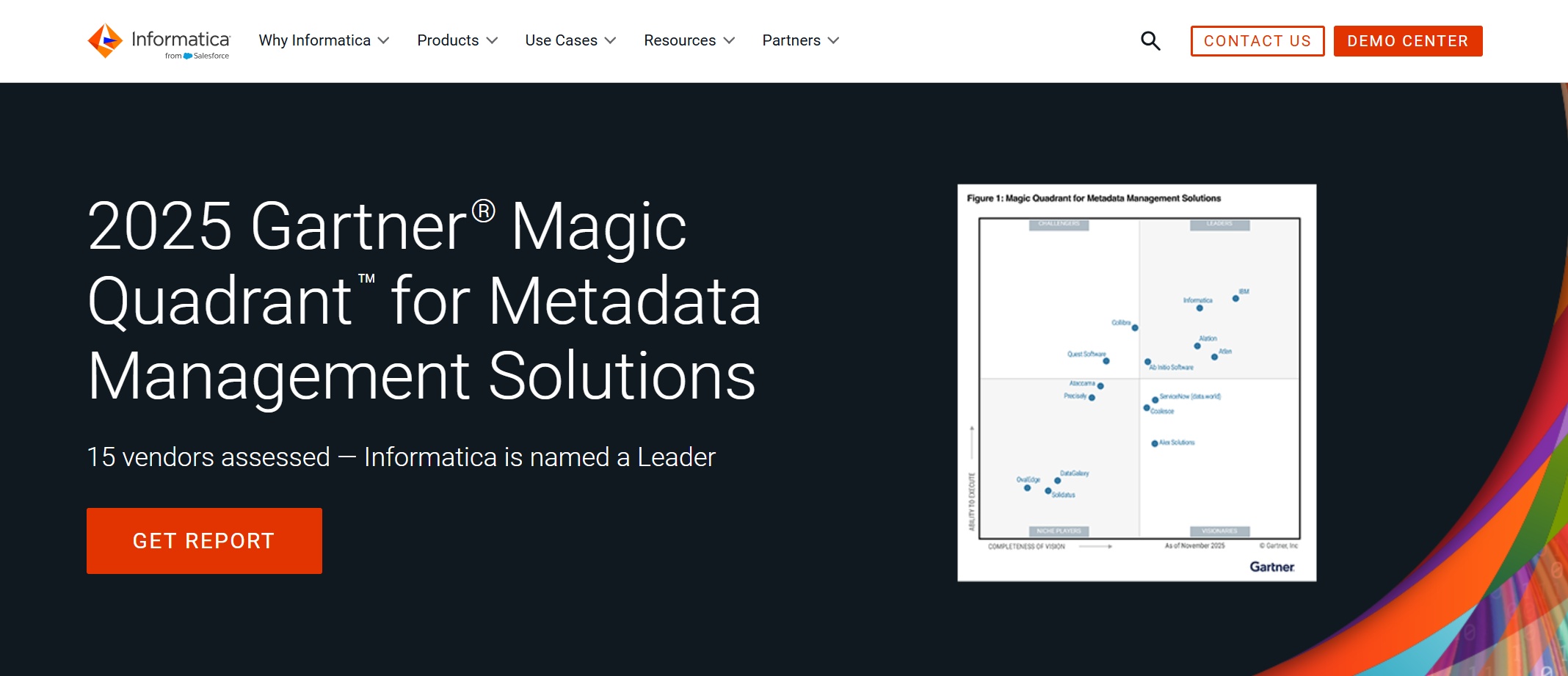
Website: https://www.informatica.com/ja/products/data-integration/powercenter.html
Informatica PowerCenter is a leading ETL platform known for its robust capability to integrate data from diverse sources, making it a preferred choice for large enterprises aiming for comprehensive data integration solutions. This tool is essential for businesses that prioritize extensive data handling and insightful data analytics.

Informatica PowerCenter utilizes a subscription-based pricing model. The cost is typically tailored to meet the specific demands and scale of an organization, ensuring that businesses only pay for the capabilities they need.
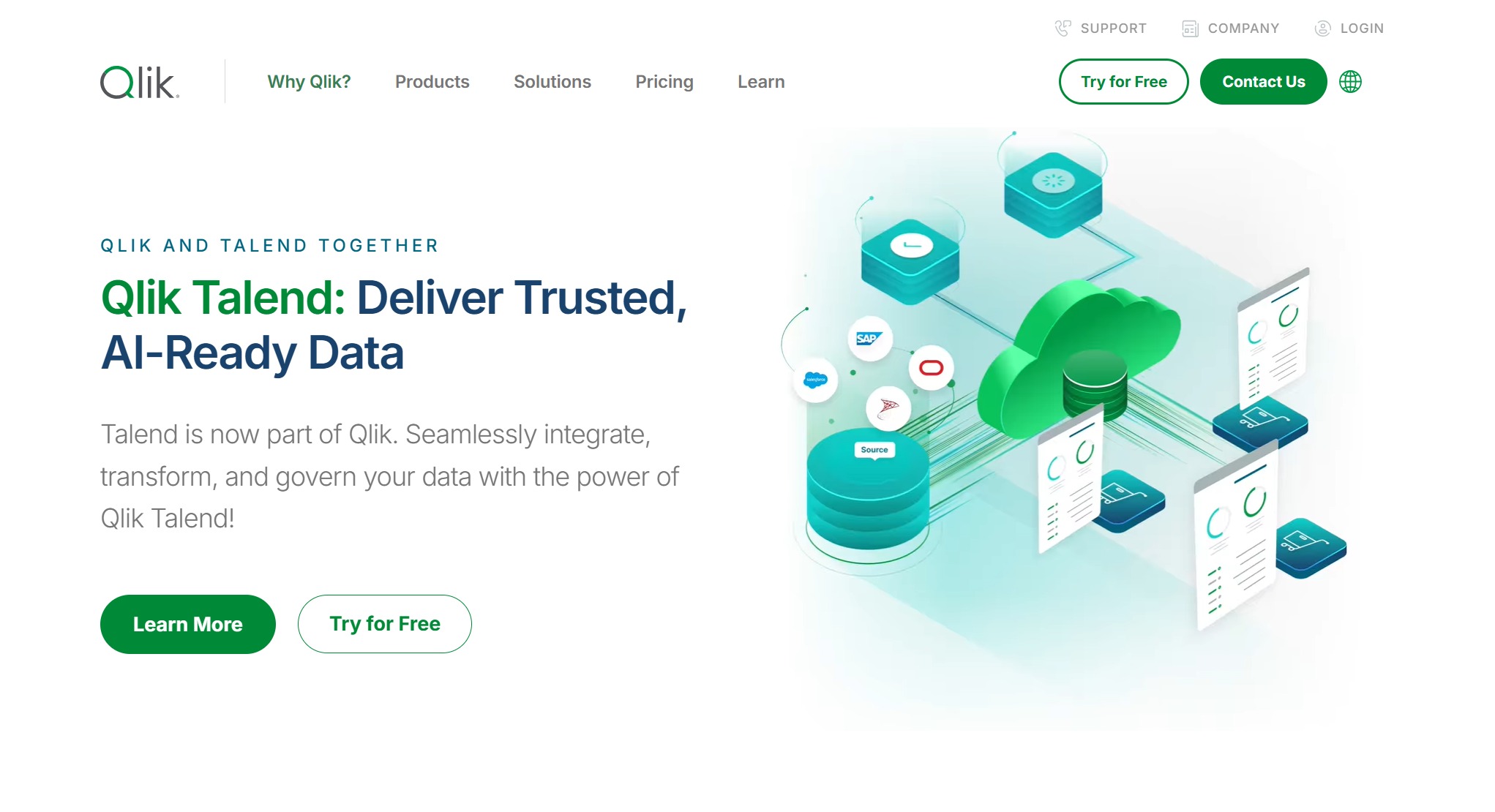
Website: https://www.talend.com/
Talend, a notable figure in the data integration arena, provides an open-source framework that is particularly beneficial for developers and data engineers. This platform is geared towards enabling users to create adaptable data pipelines and handle various data processes effectively, including data ingestion and transformation.

Talend offers a dual pricing model: the core open-source version is available at no cost, providing basic functionalities; meanwhile, the enterprise edition, which includes advanced features and support, comes at a price. Prospective users should reach out directly to Talend for the most accurate pricing information based on their specific requirements.
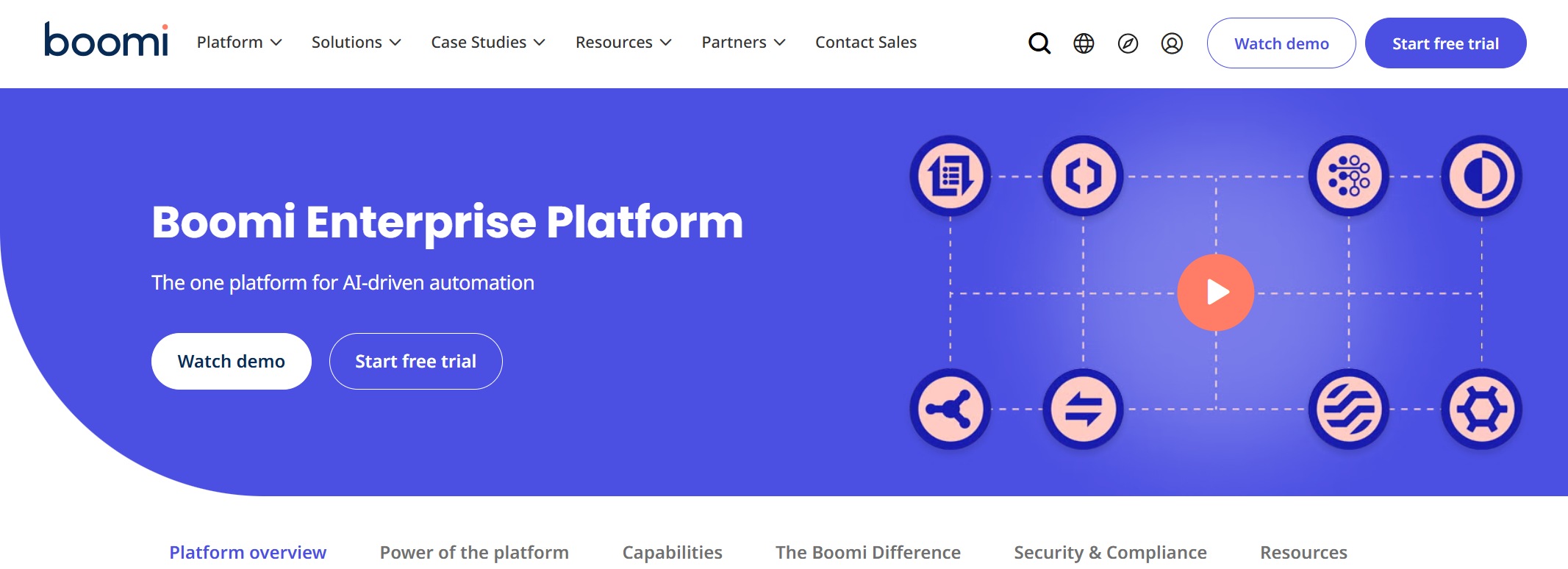
Website: https://boomi.com/
Dell Boomi distinguishes itself in the crowded field of integration platforms as a premier iPaaS (Integration Platform as a Service) solution. It streamlines the connectivity of applications, data, and personnel across both cloud and on-premises environments, offering a highly flexible option for organizations aiming to achieve seamless data integration.

Dell Boomi utilizes a subscription-based pricing model, with costs varying based on the scope of deployment, including the number of connectors and the volume of data processed. Organizations interested in leveraging Boomi's powerful integration capabilities should contact Dell directly for a customized pricing structure.
Dell Boomi stands out as an iPaaS leader, particularly valued for its real-time data synchronization and extensive pre-built connectors that facilitate rapid, efficient integration across multiple cloud and on-premises platforms. With its strong industry endorsements and case studies highlighting significant operational improvements, Dell Boomi represents a compelling choice for enterprises looking to optimize their integration architecture.
In the evolving landscape of data integration, understanding current market trends and user feedback is crucial. Recent studies project the data integration market to grow from USD 14.96 billion in 2025 to nearly USD 30.97 billion by 2030, highlighting the increasing need for robust integration solutions. Feedback from various enterprises suggests a high regard for platforms that offer real-time data synchronization and extensive API integrations, which are pivotal for operational efficiency.
A graph here could illustrate the projected market growth, enhancing visual engagement. For instance, users have rated Fivetran highly for its automated pipelines and zero-maintenance solutions, especially in tech and retail sectors, showcasing its practical impact in streamlining data processes.

Incorporating case studies, such as a tech startup's successful integration of AI-driven analytics using Informatica PowerCenter, could demonstrate real-world applications and benefits. This section could significantly enrich the narrative by linking market dynamics with tangible user experiences, thereby aligning with both strategic insights and practical implementations in the data integration domain.
When selecting the right data integration solutions for your business, several critical factors come into play. These considerations ensure that the chosen platform aligns with your organizational needs and enhances your data management capabilities.
Compatibility is crucial when choosing data integration platforms, as it ensures seamless integration with your existing systems. Platforms like Talend and Dell Boomi excel in this area by offering versatile solutions for diverse infrastructural needs. Talend supports both on-premises and cloud environments, allowing for effective management of complex data integration tasks without compromising data quality or compliance. This adaptability ensures operational continuity when integrating new technologies or updating legacy systems.
Dell Boomi further exemplifies compatibility with its extensive range of pre-built connectors, which facilitate seamless data flows and process automation across various systems. This capability is essential for minimizing data silos and enabling effective collaboration across different organizational parts without technical hindrances.
Selecting a data integration solution that supports a wide variety of data sources and systems can prevent integration issues, ensuring smoother operations. Platforms that prioritize compatibil ity not only protect your technology investments but also accommodate future growth and technological advancements, thereby enhancing overall organizational agility.
Ease of use is a crucial aspect when selecting a data integration solution, as it directly impacts the efficiency and productivity of the teams involved. Dell Boomi exemplifies this principle with its low-code environment, which allows even those with minimal coding experience to effectively manage and integrate data. This system simplifies complex processes, enabling users to build, deploy, and manage workflows swiftly and with greater precision.
Similarly, Talend offers a visual interface that supports the design of integration workflows. This not only accommodates a variety of data sources and target systems but also enhances user interaction through drag-and-drop capabilities, making the integration tasks more intuitive and less error-prone.

Platforms like Dell Boomi and Talend are designed with the end-user in mind, focusing on reducing technical barriers. This approach not only shortens the learning curve but also frees up valuable resources, allowing teams to concentrate on strategic objectives rather than struggling with the intricacies of data integration. By choosing platforms that prioritize user-friendly interfaces, organizations can empower their staff to leverage data integration tools more effectively, ensuring that their technological investments drive substantial business value.
Pricing is a critical factor when selecting a data integration tool, impacting both immediate budgets and long-term financial planning. Tools like FineDataLink attract users with competitive pricing and the opportunity to try services through free trials, allowing businesses to assess functionality and value without initial financial commitment. Similarly, subscription-based models utilized by Dell Boomi and Talend offer flexible solutions tailored to specific business needs. This model benefits from scalability, adjusting to your company's growth and evolving requirements, which can enhance long-term return on investment.
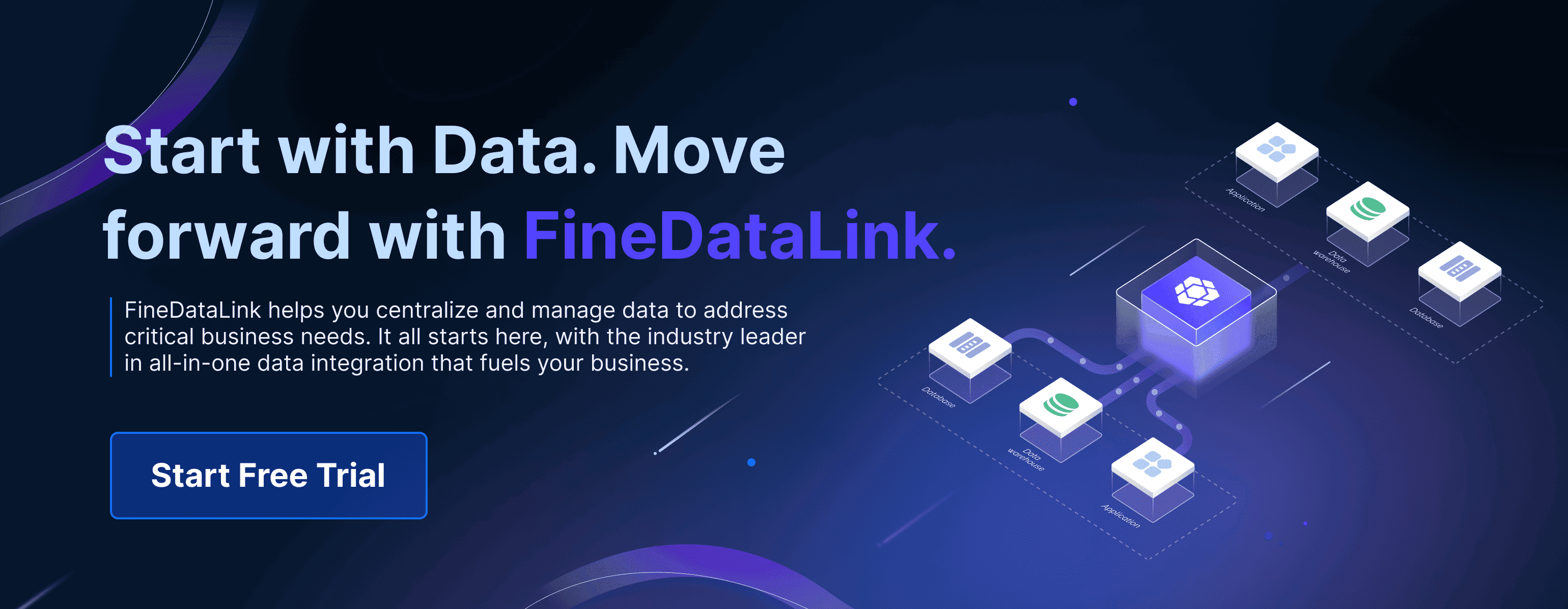
When evaluating different pricing structures, it's essential to consider not just the upfront costs but also the potential long-term benefits that the platform can bring to your operations. Analyzing these aspects helps in understanding the overall value proposition of each tool. By carefully considering both immediate expenditures and expected future gains, businesses can make informed decisions that align with their strategic financial goals and ensure they choose a data integration solution that offers the best balance of cost and functionality.
Scalability is a fundamental attribute to consider when choosing data integration solutions, particularly as businesses anticipate growth and expanding data demands. Dell Boomi exemplifies scalability with its cloud-native architecture, which is designed to scale effortlessly without sacrificing performance. This capability allows businesses to increase their data volume as needed while maintaining system efficiency. Dell Boomi's low-code environment further aids scalability by enabling the easy construction and management of integration workflows, ensuring that the integration processes evolve in tandem with business growth.

Similarly, Talend stands out for its scalable data integration solutions. It offers a comprehensive toolset that supports the development of scalable data pipelines, adaptable to various operational scales—from small projects to extensive enterprise environments. Talend's platform is built to handle increasing complexities and data volumes, making it ideal for organizations that require robust, flexible solutions to maintain high data quality and compliance during expansion phases.
Both platforms highlight the importance of selecting a data integration tool that not only meets current needs but also accommodates future growth, ensuring that businesses can continue to scale their operations efficiently and effectively. This adaptability is crucial for maintaining competitive edge and operational excellence in the rapidly evolving digital landscape.
When selecting a data integration solution, the caliber of support and the vibrancy of the user community are pivotal factors that can greatly influence your success. Robust support ensures immediate access to essential resources and expert assistance, crucial for navigating challenges and minimizing downtime.
Dell Boomi exemplifies this with its comprehensive support system, which includes a dedicated team ready to assist you through any integration challenges. This level of support is instrumental in maintaining uninterrupted operations and achieving successful data integrations.
Talend leverages its active open-source community, which is a rich resource for collaborative problem-solving and innovation. This community offers peer support and shared knowledge, which are invaluable for overcoming common and complex integration hurdles. Furthermore, Talend enhances its community offerings with professional support services, providing expert guidance to ensure users fully utilize the platform's capabilities.
Both Dell Boomi and Talend recognize the critical role that a supportive community plays in a user's success. They provide extensive tools and resources to bolster your data integration strategies and enhance your operational effectiveness.

As of 2025, the landscape for data integration platforms features a variety of tailored solutions to meet diverse business needs. Fivetran is noted for its automated data pipelines, while FineDataLink excels in real-time data synchronization. Informatica PowerCenter remains a leader in enterprise-grade ETL processes, and Talend continues to offer the flexibility that comes with its open-source model. Dell Boomi stands out with its comprehensive iPaaS capabilities, ensuring seamless integration across varied environments.
Exploring these platforms thoroughly will aid in pinpointing the most suitable option for your specific data management and integration requirements, thus enhancing your overall data strategy and operational efficiency.
When selecting a data integration solution, ensuring robust security and compliance is crucial. Modern platforms must include advanced security measures such as encryption protocols like AES or TLS to protect data both in transit and at rest. Additionally, they should offer comprehensive data governance tools for managing access, maintaining audit trails, and ensuring data integrity.
Compliance with regulations like GDPR or HIPAA is also essential, as these mandate strict data handling procedures to avoid significant penalties. Integration solutions that automate compliance tasks, such as data anonymization and the automatic deletion of outdated information, can greatly benefit organizations.
For example, in healthcare, a compliant integration platform could manage patient records across systems while ensuring data is accessible only to authorized personnel. In finance, platforms need to support high transaction volumes while complying with banking regulations to safeguard customer data and prevent fraud.
In essence, choosing a data integration tool involves evaluating not only technical capabilities but also the solution’s ability to enhance an organization's security posture and compliance with relevant laws, thus fortifying credibility and trustworthiness in a data-centric landscape.

Click the banner below to try FineDataLink for free and empower your enterprise to transform data into productivity!
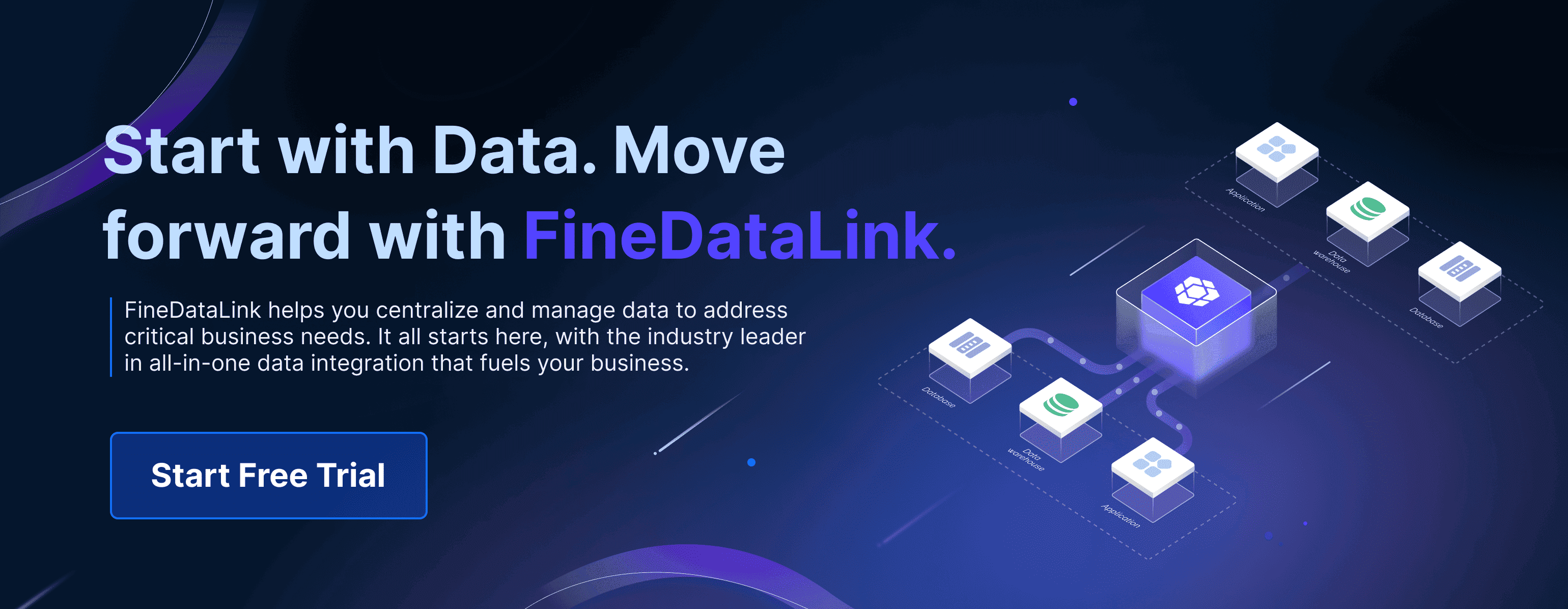
Essential Data Integration: A Beginner's Guide
Top Data Integration Tools: 2024 Guide
Top 10 Data Integration Software for 2024
What is API Data Integration? API vs Data Integration
Best Data Integration Platforms to Use in 2024
Enterprise Data Integration: A Comprehensive Guide
Top 7 Data Integration Patterns for Modern Enterprises

The Author
Howard
Data Management Engineer & Data Research Expert at FanRuan
Related Articles

10 Best Data Orchestration Tools for 2025 You Should Know
Compare the best data orchestration tools for 2025 to streamline workflows, boost automation, and improve data integration for your business.
Howard
Nov 28, 2025

10 Best Enterprise ETL Tools for Data Integration
Compare the 10 best enterprise ETL tools for data integration in 2025 to streamline workflows, boost analytics, and support scalable business growth.
Howard
Oct 02, 2025

What is Real Time Data Integration and Why It Matters
Real time data integration connects systems for instant, accurate data access, enabling faster decisions, improved efficiency, and better customer experiences.
Howard
Sep 24, 2025